10 Omega-3 Foods for Heart Health
Omega-3 fatty acids are a key nutrient that can profoundly assist you when it comes to heart health. Today everybody needs a healthy life but there is very little knowledge about the right diet. That is why we have to face a lot of weakness and diseases every day because there is a deficiency of minerals in our body which includes protein, calcium, vitamins and the most important element is Omega-3 foods. In this we will tell you its 10 best sources. You must know everything. They prevent inflammation, reduce cholesterol levels, and heal heart disease. Since the human body does not produce omega-3s, they have to be an addition through diet. Here’s talking of 10 Omega-3 foods for heart health that can help you remain healthy. The foods listed below are normally available in India and can easily be added to your meals.
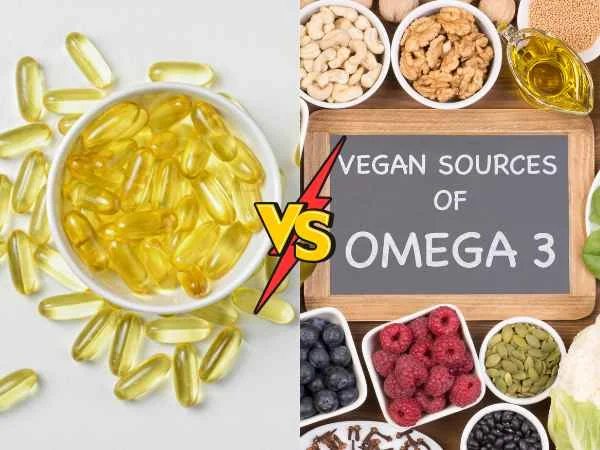
What Are Omega-3 Fatty Acids?
Omega-3 fatty acids are a group of good fats and come in three types.
- ALA (Alpha-linolenic acid): From plant foods.
- EPA (Eicosapentaenoic acid): Algae species in some fatty fish.
- DHA: Docosahexaenoic acid is also found in fatty fish and algae. DHA contributes to heart and brain health.

What Are Omega-3 Fatty Acids
It has been established that ingestion of foods that are high in omega-3s lowers blood pressure, raises cholesterol levels, and prevents heart disease. Let’s go through the top 10 Omega-3 foods for heart health that you can include in your diet.
1. Salmon
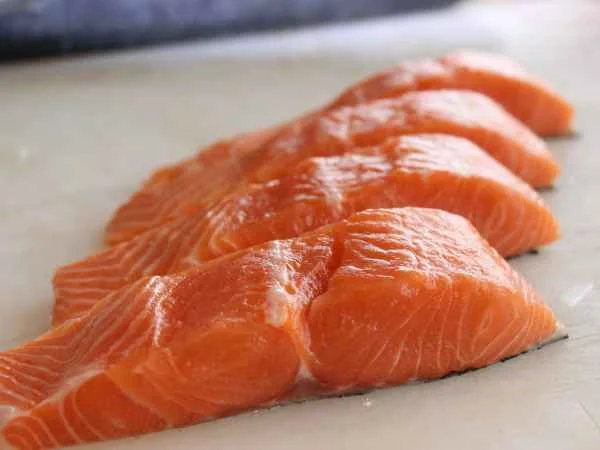
The strongest known sources of EPA and DHA, two omega-3 fatty acids that deliver sizable heart benefits, include a piece of salmon.
Omega-3 Content: A 100g serving of salmon contains about 2,260 mg of omega-3s (NIH).
Long-term intake of fish can particularly result from such diverse preparations of salmon to improve cholesterol levels, cut bad fats in the blood (triglycerides), and reduce inflammation, thus reducing the risk of heart disease.
How to Include It: Grill or bake salmon and have it with vegetables. Salmon can be obtained from most supermarkets in India or can be ordered online.
2. Mackerel (Bangda)
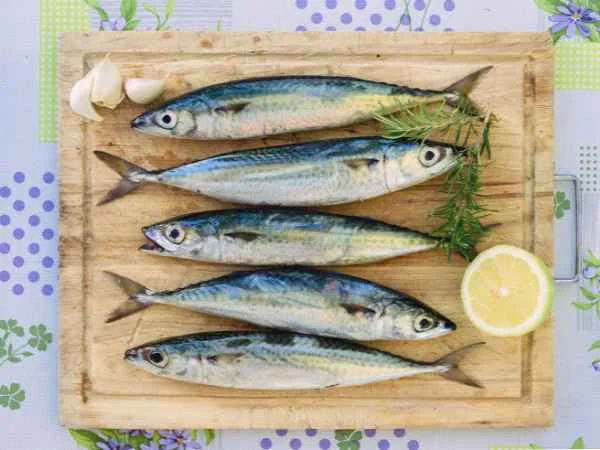
Mackerel, Bangda in local terms, is a fatty fish that is abundant in EPA and DHA: the two essential elements that will reduce the risk of heart disease.
Omega-3 Content: A 100g portion contains about 4,580mg of omega-3s.
Heart Health Benefits: Mackerel can lower inflammation, reduce cholesterol, and improve overall heart function.
How to Add It: Bangda fish can be prepared as grills or Indian curries. It is available in local fish markets and coastal areas in India.
3. Alsi ke Beej (Flaxseeds)
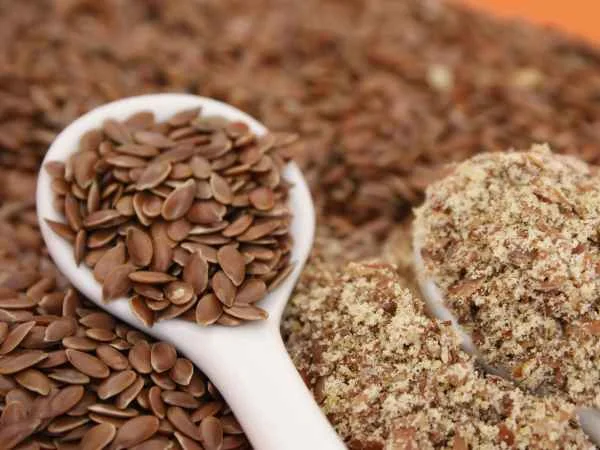
Flaxseeds are a good plant source of ALA, which is an omega-3 fatty acid. Studies show that flaxseeds help reduce cholesterol, which consequently improves heart health.
Omega-3 Content: One tablespoon of flaxseeds provides approximately 2,350 mg of ALA (USDA).
It nurtures heart health, lowering blood pressure and regulating cholesterol levels, the two significantly influential factors of heart health (Healthline).
How to Add It: Grind flax seeds and add them in your smoothies, salads, or chapati dough. Flax seeds are easily available in Indian grocery stores or online.
4. Chia Seeds
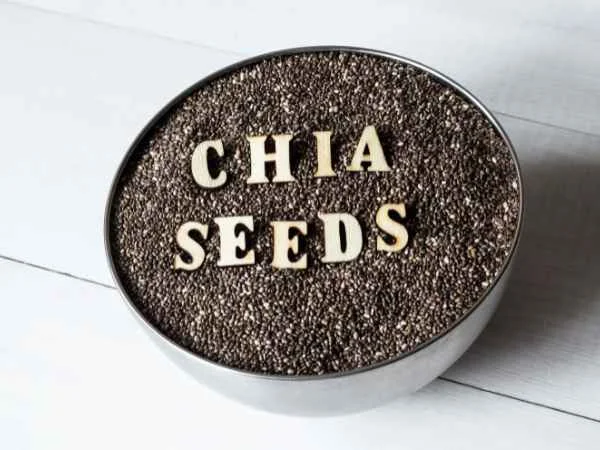
Chia seeds comprise a good other source of ALA; again, these seeds are rich in fiber and antioxidants-china seed has an amazing impact on heart health.
Omega-3 Content: Chia seed holds a total of about 5,060mg of omega-3s per ounce or 28g.
Heart Health Benefits: Chia seeds are a mix of omega-3 and fiber, with benefits that include decreasing cholesterol and inflammation in the heart (Healthline).
How to Include It: Soak chia seeds in water and add them to smoothies, yogurt, or fruit bowls. They are widely available in grocery stores and online.
5. Walnut (Akhrot): Best Omega-3 Foods
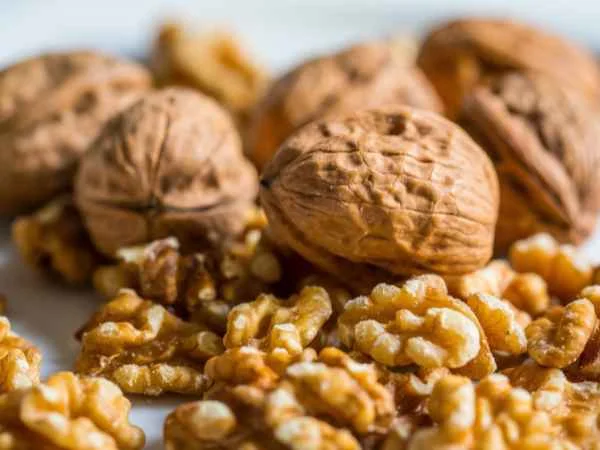
Walnuts are rich in ALA and can be easily found in India. They are also a very good storehouse for antioxidants, thereby keeping the heart healthy (Healthline).
Omega-3 Content: One ounce (28g) of walnuts contains about 2,570 mg of ALA.
Heart Health Benefits: It helps to lower cholesterol and blood pressure, which is a significant contribution to healthy heart life, according to Healthline.
How to Include It: Carry a few walnuts in your snack hand or put them into your oatmeal or Indian sweets like kheer.
6. Sardines (Pedvey)
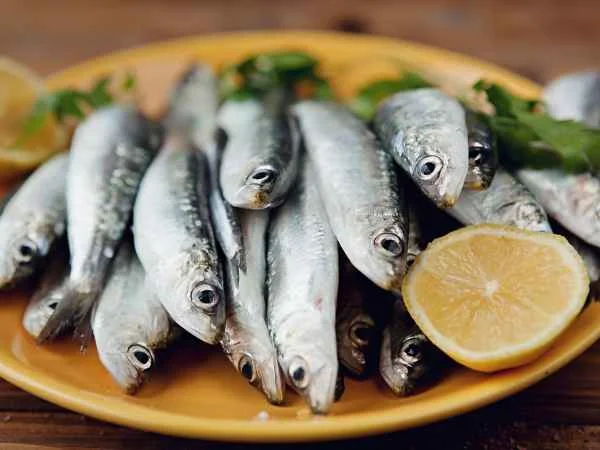
Sardines, otherwise called Pedvey in India are tiny oily fish packed with EPA and DHA. These are very inexpensive sources of Omega-3 foods with respect to health and heart.
Omega-3 Content: A can of sardines (3.75 oz) has around 1,500 mg of omega-3s.
Heart Health Benefits: Sardines reduce triglycerides and improve cholesterol levels. This reduces the incidence of heart disease (Healthline).
How to Use It: Serve sardines directly from the can or toss in a salad, rice preparations, whatever, as they are present in almost all local markets and grocery shops.
7. Hemp Seeds (Bhang Ke Beej)

Hemp seed is yet another ALA-containing plant. It contains excellent levels of omega-6 and omega-3 that balance the inflammation level, hence keeping the heart safe.
Omega-3 Content: One tablespoon of hemp seeds contains about 1,000 mg of ALA (Healthline).
Health benefits: Hemp seeds allow maintaining healthy blood pressure and heart function through reducing inflammation in the body (Healthline).
How to Add It: Sprinkle hemp seeds over your salads, yogurt, or cereal. They are readily available at health food stores and online.
8. Algal Oil

For the vegetarian or vegan, algal oil is a plant-based supplement rich in EPA and DHA. And as algal oil contains the original source of omega-3s found in fish, it is also a sustainable option.
Omega-3 content: Its one tablespoon has about 400-500 mg of omega 3 content.
Heart Health Benefits: Algal oil also reduces cholesterol swelling and decreases the prevalence of heart diseases (Healthline).
How To Take It: Algal oil supplements are available in most health food stores or online.
9. Tuna (Chura Fish)

Tuna is known as Chura Machli. Tuna is rich in EPA and DHA. Still, since it also carries mercury, tuna has to be consumed only moderately.
Omega-3 Content: A 100-g serving of tuna contains about 1,000-2,000 mg of omega-3s.
Heart Health: Tuna contains nutrients that help lower triglycerides and reduce the risk of having abnormal heart rhythms.
How to Include It: Grill tuna steaks or use canned tuna in salads and sandwiches. Canned tuna is easily available in Indian supermarkets.
10. Soybeans (Soya Beans)
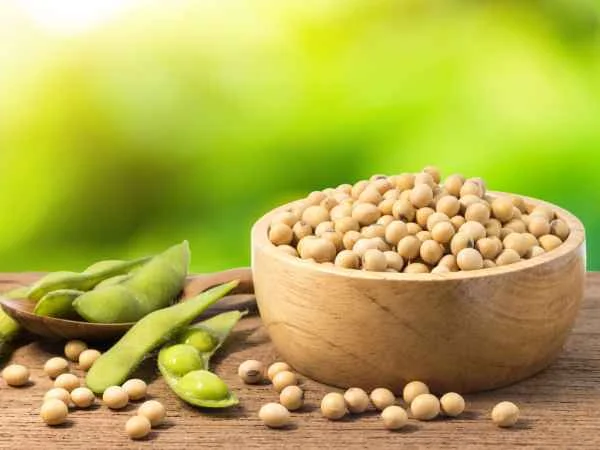
Soybeans, being plant-based sources, will provide Indians with ample amounts of ALA as the best alternatives for vegetarians and vegans (Healthline).
Omega-3 Content: One cup of cooked soybeans contains around 1,240 mg of ALA.
Heart Health: Soybeans lower cholesterol levels and make the heart healthy.
How to Include It: Enjoy soybeans in soups, stir-fries, or curries. Soya chunks and tofu are also popular options.
Omega-3 Supplements vs. Food Sources
It is always best to take omega-3 from real food, but if you are not getting enough, supplements like fish oil and algal oil are good options (Healthline). Always talk to your doctor before starting any new supplements.
Conclusion
Include these omega-3 fatty acids with diet and keep your heart safe along with decreasing the opportunity of heart disease. You can take fish like salmon and mackerel or plant-based food like flaxseeds and walnuts. These foods can really help your heart health.
And many of these foods are easily available in India, so begin adding them to your diet today!
Ever wondered what can keep your heart healthy? Well, eat more food containing omega-3! Share this with friends and family and let them know the different benefits of omega-3 for a healthy heart.



